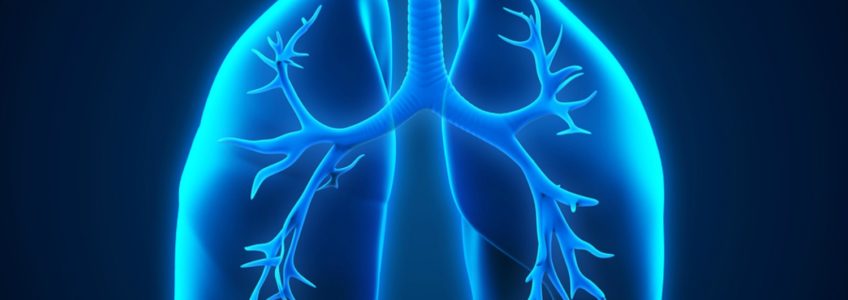
Lung changes often occur in a person’s body as they age. This is why many elderly adults see a decline in their lung function. Perhaps, you have noticed your elderly loved one having issues with breathing or they might be experiencing other lung function issues. If this is the case, you should learn all you can about aging and lung changes.
What happens to the lungs as someone ages?
Studies have shown that a person’s lung capacity decreases as they get older. Some reasons why your elderly loved one might have a decrease in lung capacity include the following:
- Air sacs – Sometimes a person’s air sac loses its shape.
- Airways – Airways often get smaller as someone gets older.
- Diaphragm – Your elderly loved one’s diaphragm could have weakened, making it difficult for them to take full deep breaths in and out.
- Posture – Sometimes a person’s ribcage can change due to posture-related changes which cause them to have less room for their lungs to expand.
There are many reasons why many elderly adults see decreased lung capacity. You should speak with your elderly loved one’s doctor if you have concerns about their breathing and lung change issues.
What are some ways to prevent age-related lung changes?
Some studies show that the respiration rate for elderly adults differs depending on a person’s health and living situation. For instance, someone who lives independently may have a respiration rate of around 12-18 breaths per minute. However, someone who is in need of long term care may have a respiration rate of about 16-25 breaths per minute. It is important to understand that if your elderly loved one is having issues breathing they should speak with their doctor. However, there are some steps they can take to help them breathe better, as well. Some of these tips include the following:
- Quit smoking – Lung passages become narrowed when a person smokes. This can lead to chronic inflammation and cause major lung changes. Some studies even show it can cause lung cancer.
- Avoid being around pollutants – Some pollutants, such as radon, can also cause lung changes in the elderly.
- Practice good posture – The way your elderly loved one stands and sits can affect their posture. Over time, poor posture can cause lung changes. Encourage your elderly loved one to sit up tall to lower their risk of lung-related illnesses.
- Exercise – This can also help strengthen the diaphragm and increase lung capacity. Remember that your elderly loved one should speak with their doctor before starting any new exercise regimen.
If your elderly loved one follows these tips, it could help keep their lungs strong and their breathing good. If needed, you can hire home care providers to remind them to follow these tips.
Conclusion
If your elderly loved one is experiencing lung changes or having breathing issues regularly, it is best to speak with their doctor to see how this should be handled. Their doctor might likely recommend the above-mentioned tips.
If you or someone you know needs hiring a Caregiver in Buffalo, MN, contact Adara Home Health Care. We provide quality and affordable home care services for many fragile or senior members in the communities we serve.
Call us at (888) 660-5772 for more information.
Sources

